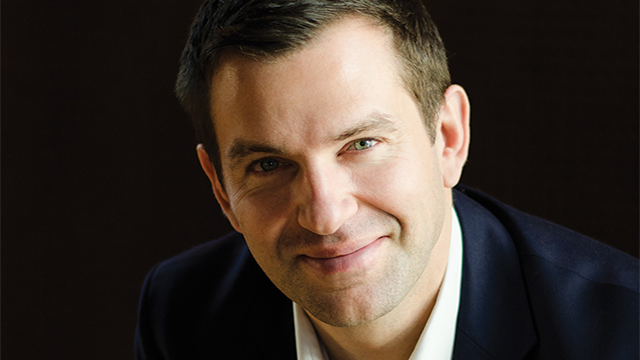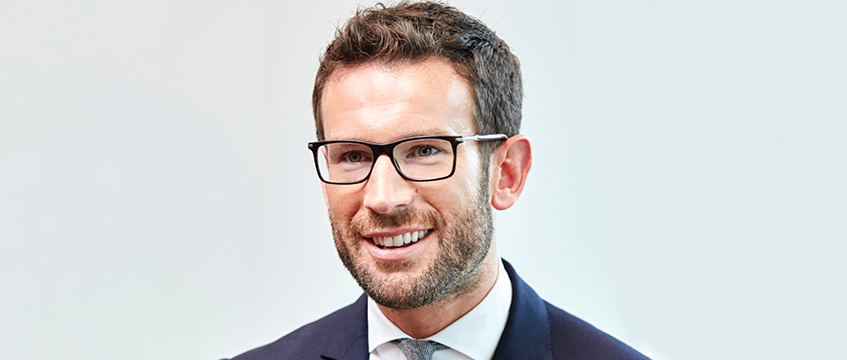COMMENT Impact investment is the latest hot topic of the investment world. While a welcome step away from the aggressive capitalism that led to the credit crunch, to the cynic, it’s the industry’s most recent attempt to rebrand itself and remain relevant to the next generation of employees.
From the extremes of Extinction Rebellion dominating our newsfeeds, to the mounting industry blogs, articles, and conferences, “impact investment” is now popping up with almost the same frequency as “the decline of the high street”.
While it is well overdue that we put a spotlight on responsible investing, I am more sceptical about the proliferation of this trend and its implications. Calling some investments “impact investments” or some funds “impact investment funds” risks the marginalisation of social impact. To the industry, it implies that having one or two vehicles that focus on social benefit means the rest can invest for financial return alone. Instead, we need to acknowledge that every investment in the built environment has a social and environmental impact, even if that impact is an opportunity cost.
The question is not whether that money has an impact, but what kind of impact we want that capital – the public’s savings and pensions – to have. Most of that capital is long-term, and requires a relatively low return. Some is short-term, high-return; often a form of private equity. One of the best ways to maximise social impact is by matching the right type of capital with the social need for investment – something that private equity “impact funds” often fail to achieve, being restricted by requirements for double-digit returns.
The marginalisation of social impact is not just limited to the world of property funds and our industry. Had some of the far left’s more radical manifesto policies come to pass, the role of financial institutions and their incentive to have a positive impact would have been limited to just treating employees fairly. Almost all of the capital required for social and transport infrastructure, key drivers for regional growth, would then have to come from the state, but borrowed from those very same institutions. Some politicians seemed to suffer from an gnostic approach to generating returns and having a positive social impact, struggling to admit, never mind harness, the idea that both could be achievable.
Having an impact needn’t be about branding and expensive analytics. It’s not about making as much money as possible, through whatever means possible, then giving a bit to charity. The challenge is to apply the necessary, additional creativity and excellence to make a difference. Let’s say you have £50m to invest and you need to pay pensions for thousands of workers. You could invest it in low-risk company bonds, or you could use it to provide housing for homeless families, in partnership with a local authority. The latter requires far greater effort and creativity, but generates a significant, positive social impact – for both pension holders and families needing permanent homes
I’ve learnt to never underestimate the power of people who are determined to improve the company they work for, and the parts of the world they influence. I’m not sure the world needs more private equity impact investment funds, unless they’re genuinely taking a sub-market return. Instead, the world needs more investors, developers, contractors, advisors, lawyers, civil servants, accountants, and journalists who can use their platform and influence to embed social impact into everything they do.
Pete Gladwell is head of public sector partnerships at Legal & General Investment Management











